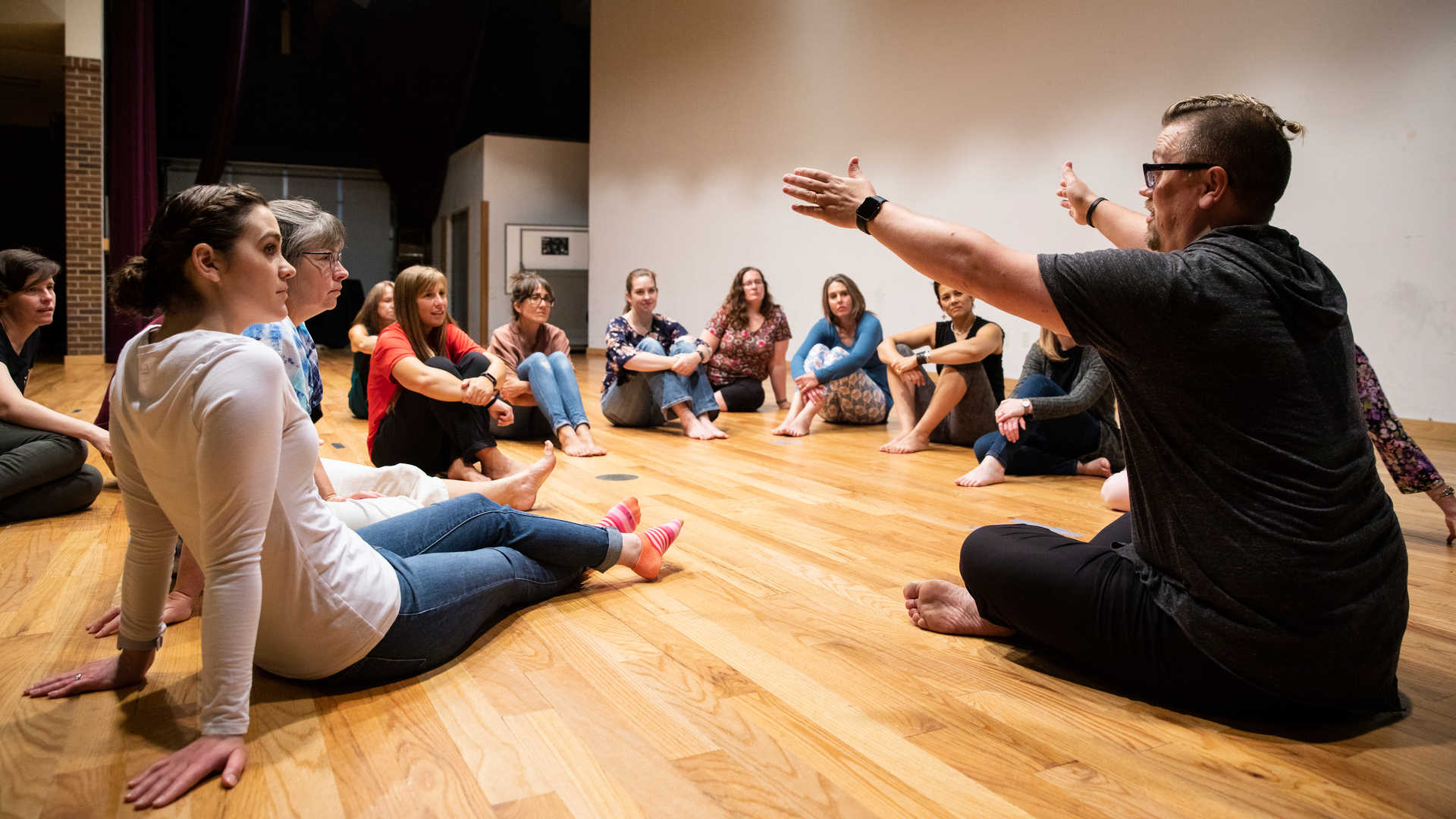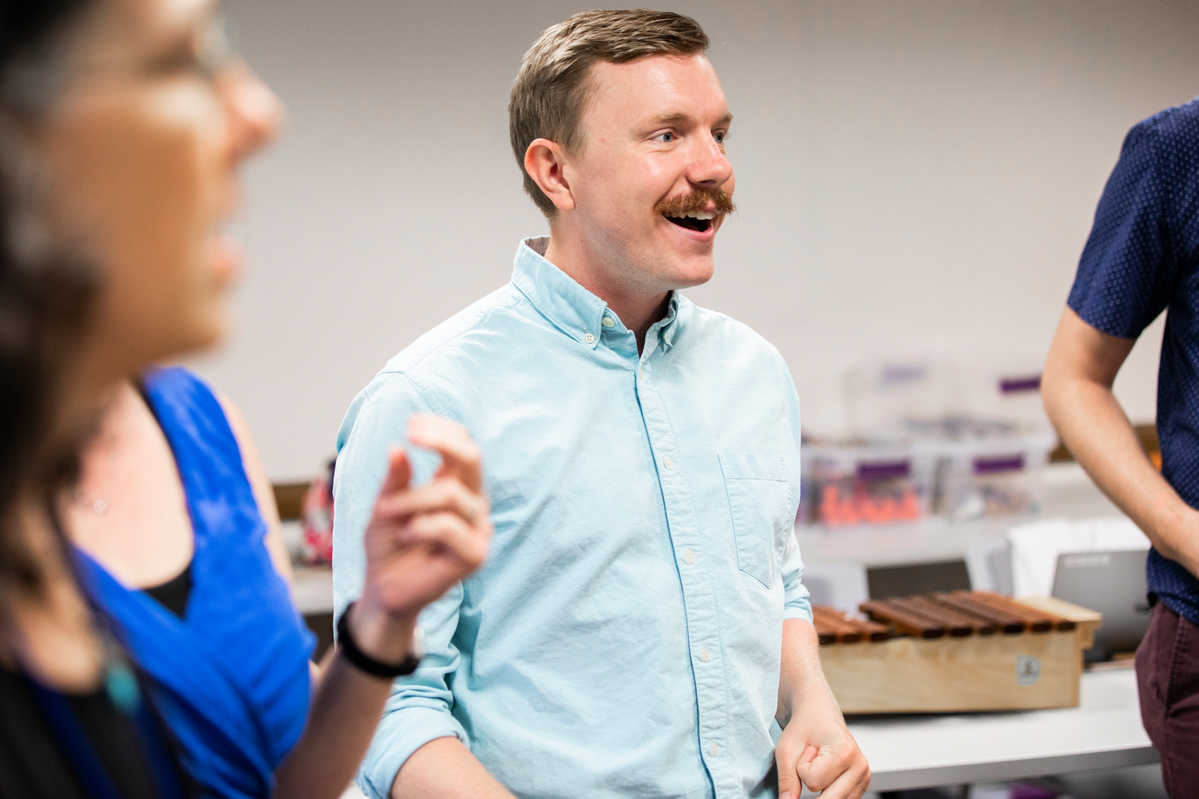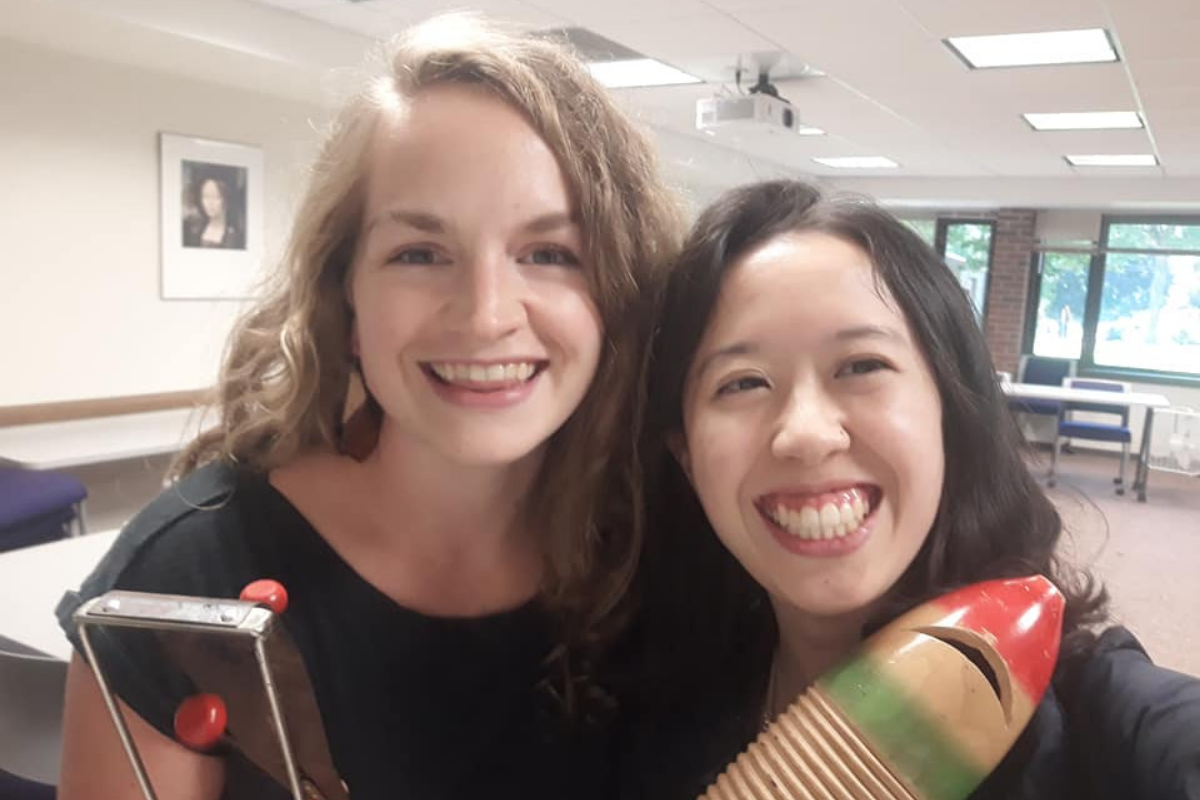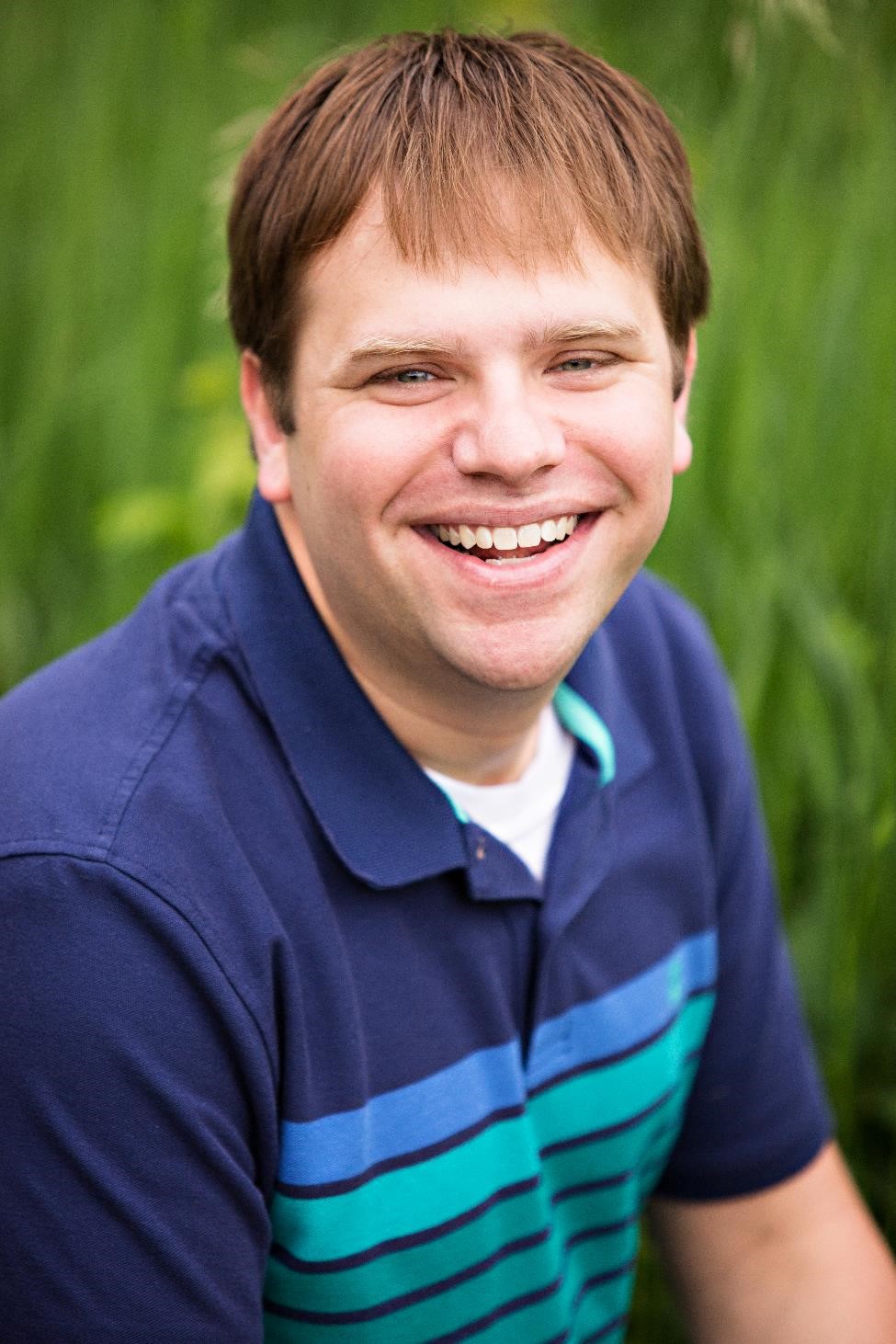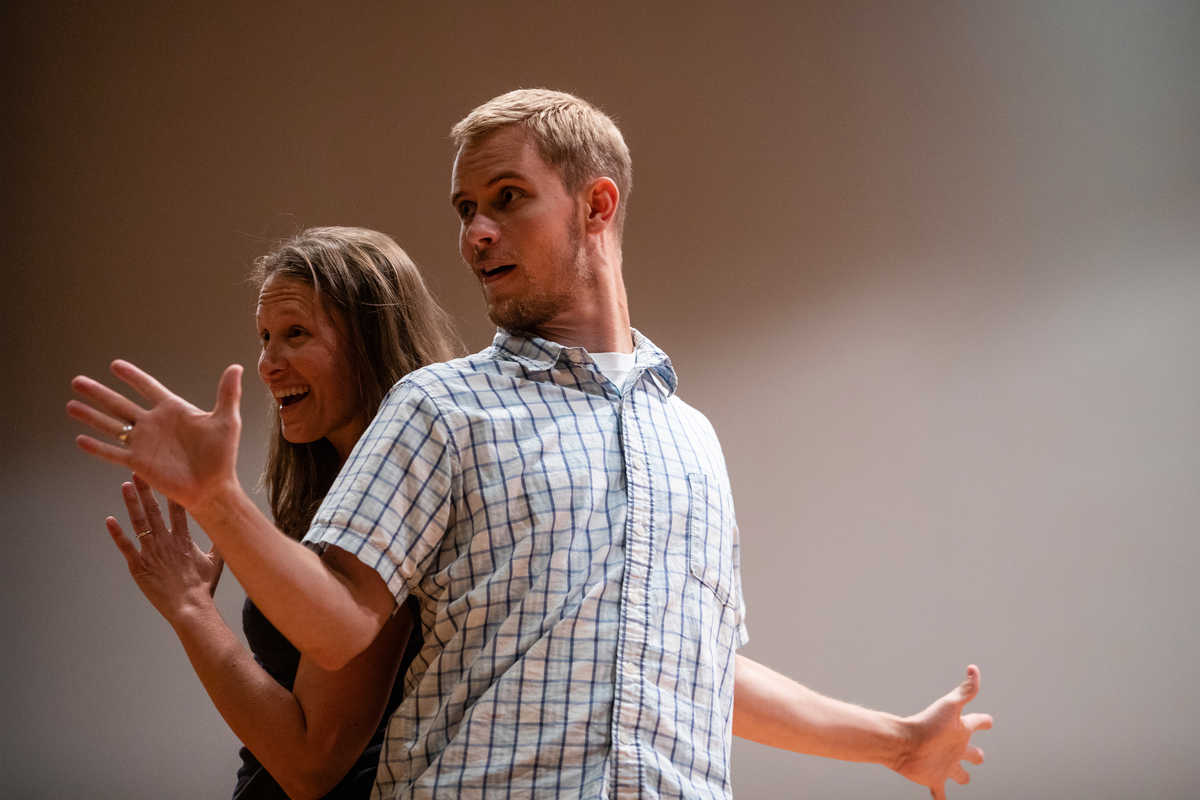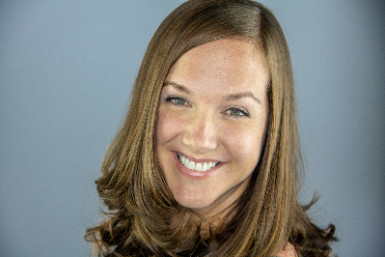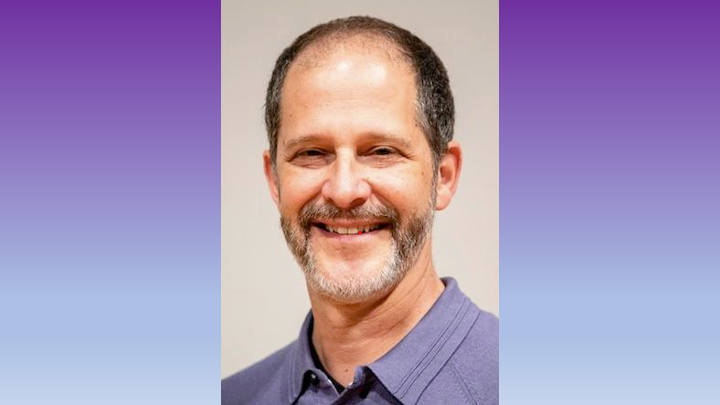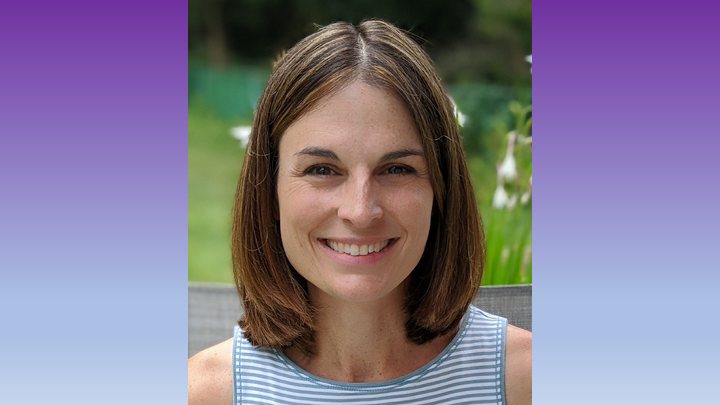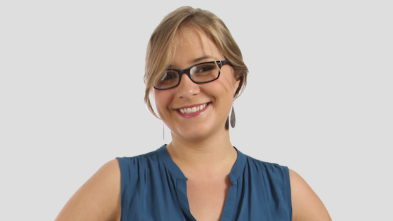
Mary Beth Alexander, Level I
Mary Beth Alexander (she/her) teaches K-4th grade music and movement at The Nightingale-Bamford School in New York City. In addition to her ongoing work in the elementary music classroom, she teaches a middle school drumming elective and serves as a member of the Lower School leadership team.
In addition to teaching Level I Basic at the University of St. Thomas, Mary Beth teaches movement in levels I, II and III in the Memphis Orff Course. She is committed to addressing issues of equity and inclusivity in the music classroom through culturally responsive and anti-bias teaching practices. In addition to her work as a teacher in the Orff approach, Mary Beth is a singer and violinist with an active performing career in New York City.
